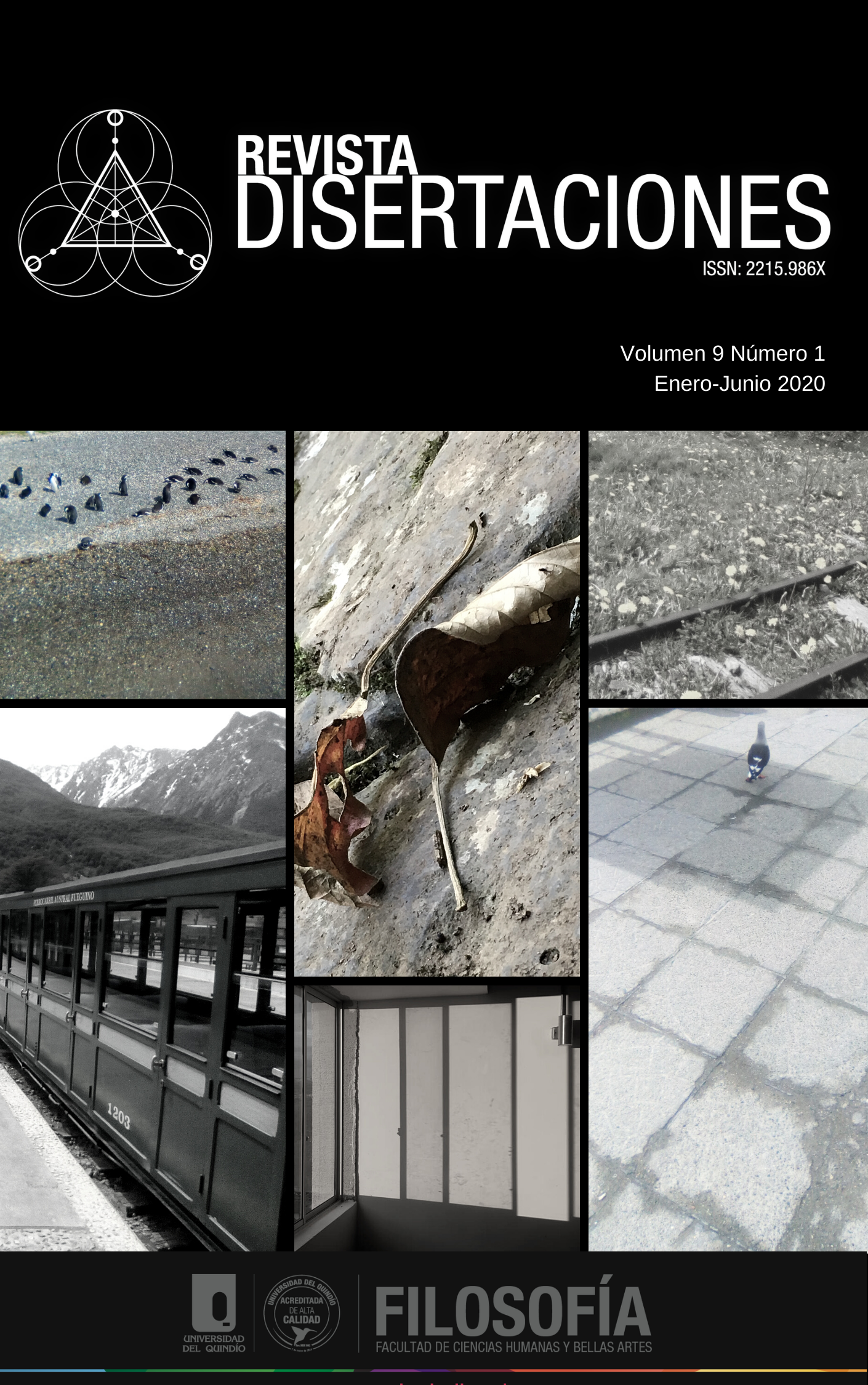Subjectivity beyond the Walls
Spatial Representation of Landscape in Late Antiquity hermitism
DOI:
https://doi.org/10.33975/disuq.vol9n1.312Keywords:
Landscape, Ancient History, Desert, Late Antiquity, AnchoritesAbstract
This article explores how during Late Antiquity were represented idealized landscapes in literary descriptions under the form of ekphrasis, taking as starting point a passage of the Phaedrus of Plato. It can be perceived how these landscapes outside the cities (particularly deserts), become privileged spaces for self-appropriating the own subjectivity and an opportunity to, in accordance with a particular cosmological framework, create a new way of considering knowledge and ethics under the figure of anchorites and desert fathers. This social phenomenon is presented as an intersection of Platonic tradition and new transformations in Late Antiquity society. From a display of giving worth to the knowledge generated inside the wall of the polis in the Athens of Plato to the experience in open landscapes where exploring the own interiority is the main aim at the outskirts of postclassical cities.















